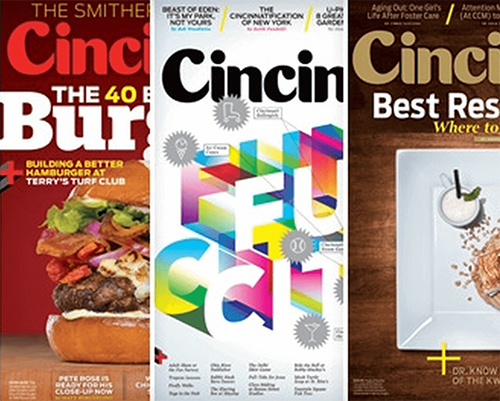 The world may be getting smaller, but we still care deeply about what’s going on in our own communities. And city magazines are filling in where local newspapers have left off.
The world may be getting smaller, but we still care deeply about what’s going on in our own communities. And city magazines are filling in where local newspapers have left off.
“The neighborhood that goes by the moniker ‘West End’ in Louisville, KY isn’t some Sunday brunch hotspot, known for its restaurants or budding social scene. Instead, it has a reputation for blight, a sky-high crime rate, low incomes and a lack of investment from the city,” writes Ryan Derousseau in Folio.
Rather than covering up the troubling parts of their community, the publisher of Louisville Magazine decided to shine a lot on it, through a series of articles, interview and images of the people who are struggling to survive there.
“Every city has these things,” said Dan Crutcher, the publisher of Louisville. “No one was bringing it up anymore.”
The local newspaper, the Louisville Courier-Journal, is working with a dramatically cut staff and fewer capabilities to go beyond the breaking news cycle. Yet people still want and need to know these deeper issues that require a longer treatment.
Enter the city magazine, a continuing bright spot in the magazine industry over the past several years. As Derousseau explains, the format of the print city magazine allows for “coverage that isn’t focused on breaking news or quick hits on the web. Instead, it provides a deep, drawn out analysis of the stories behind the news. That’s the type of coverage that newspapers have smaller budgets and declining resources for.”
“We do more on local issues and try to go into more depth than we did before,” says Crutcher. “There’s a void now, in that type of coverage,” Crutcher says. “That’s something we can fill.”
It’s understandable if we tend to think about luxury regionals when we talk about city magazines; from the Hamptons to Palm Springs, there are certainly successful publications dedicated to serving the “see and be seen” audience. But many of us are far more interested in what’s really going on in our own towns — the good, the bad and the challenging.
For city magazine publishers, this represents a unique opportunity. They can provide the perfect platform for brands looking to get in front of a regionally targeted and hyper-interested audience. It’s a win for the city, and a win for the publishers that work so hard to report on it. It’s also a win for journalism, as this critical part of our country’s foundation continues to evolve.
